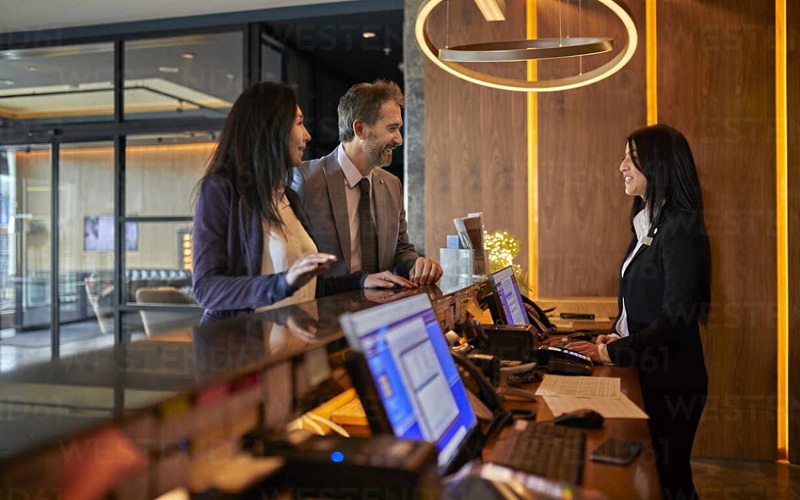In today’s fast-paced and interconnected world, the hospitality industry continually seeks innovative ways to enhance guest experiences. A pivotal aspect often overlooked is the seamless integration of local transportation with hotel management. This synergy not only enriches the guest experience but also significantly contributes to the operational efficiency and reputation of hotels. Through comprehensive strategies involving partnerships, technology, and personalized services, hotels can leverage local transport solutions to offer guests unparalleled convenience and comfort.
Understanding the Importance of Integration
The first step towards cultivating a productive relationship between local transport and hotel management lies in understanding its importance. Guests today expect more than just a comfortable stay; they look for an experience that is hassle-free from the moment they land in the city until their departure. Efficient local transport solutions, such as kleintransporte, play a crucial role in fulfilling this expectation, impacting a guest’s overall satisfaction and the likelihood of their return.
Strategic Partnerships with Local Transport Providers
One of the most effective strategies is forming partnerships with local transport providers. This could range from taxi companies and car rental services to public transportation bodies and innovative mobility solutions like bike-sharing or electric scooter services. Hotels can negotiate special rates or exclusive services for their guests, adding value to their stay. For instance, a hotel could offer complimentary airport shuttle services or arrange personalized city tours, enhancing the overall guest experience.
Leveraging Technology for Seamless Connectivity
Technology serves as a bridge connecting guests with local transport options effortlessly. Hotels can integrate transport booking systems into their own apps or websites, allowing guests to arrange for transportation directly from their smartphones. Features such as real-time tracking, mobile payments, and instant confirmations elevate the convenience factor, making it easier for guests to plan their travel itineraries. Furthermore, utilizing data analytics, hotels can understand travel patterns and preferences, enabling them to offer tailored transport solutions.
Personalized Guest Experiences
Personalization is key to standing out in the hospitality industry. By understanding a guest’s preferences and purpose of visit, hotels can recommend transport options that best suit their needs. Business travelers might appreciate a quick and efficient car service to their meetings, while leisure travelers may prefer a guided tour on local public transport to immerse themselves in the city’s culture. Offering these personalized recommendations demonstrates the hotel’s commitment to providing a memorable and convenient experience.
Training and Information Sharing
For the synergy between local transport and hotel management to be effective, staff must be well-informed and trained. Front desk personnel and concierge services should have up-to-date information on local transport options, schedules, and costs. This knowledge enables them to assist guests efficiently, whether it’s booking a taxi, advising on the best public transport route, or recommending a scenic bike trail. Regular training sessions can ensure that staff are equipped with the latest information and technology tools to assist guests.
Feedback Loops and Continuous Improvement
Establishing feedback loops with guests regarding their transportation experiences allows hotels to identify areas for improvement and adjust their strategies accordingly. This feedback can also be shared with transport partners to enhance service quality and address any issues promptly. Continuous improvement in this area not only benefits guests but also strengthens the relationship between the hotel and local transport providers, fostering a collaborative approach to guest services.
The Environmental and Social Impact
Beyond improving guest services, the integration of local transport and hotel management also has significant environmental and social implications. Encouraging the use of public transport and eco-friendly mobility options reduces the carbon footprint associated with travel. Hotels can play a pivotal role in promoting sustainable tourism practices by incorporating green transport solutions into their offerings.
Conclusion:
The synergy between local transport and hotel management is a multifaceted strategy with the potential to transform guest experiences. By embracing partnerships, leveraging technology, and focusing on personalized services, hotels can ensure their guests enjoy a seamless and memorable stay. This integration not only enhances operational efficiency and guest satisfaction but also contributes to sustainable tourism practices. As the hospitality industry evolves, the innovative use of local transport solutions will remain a key differentiator in delivering exceptional guest services.


